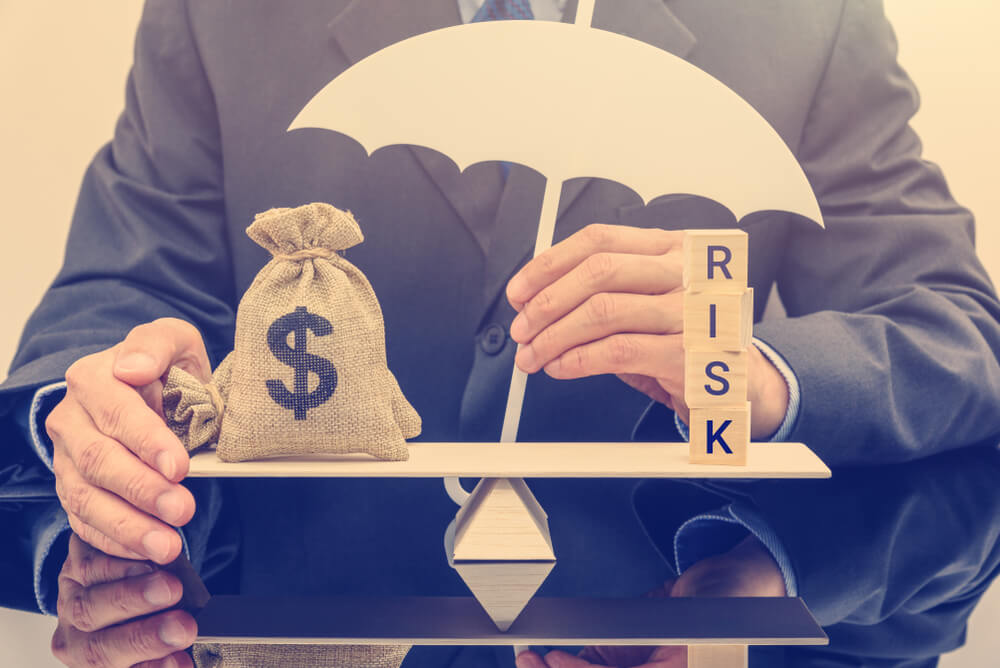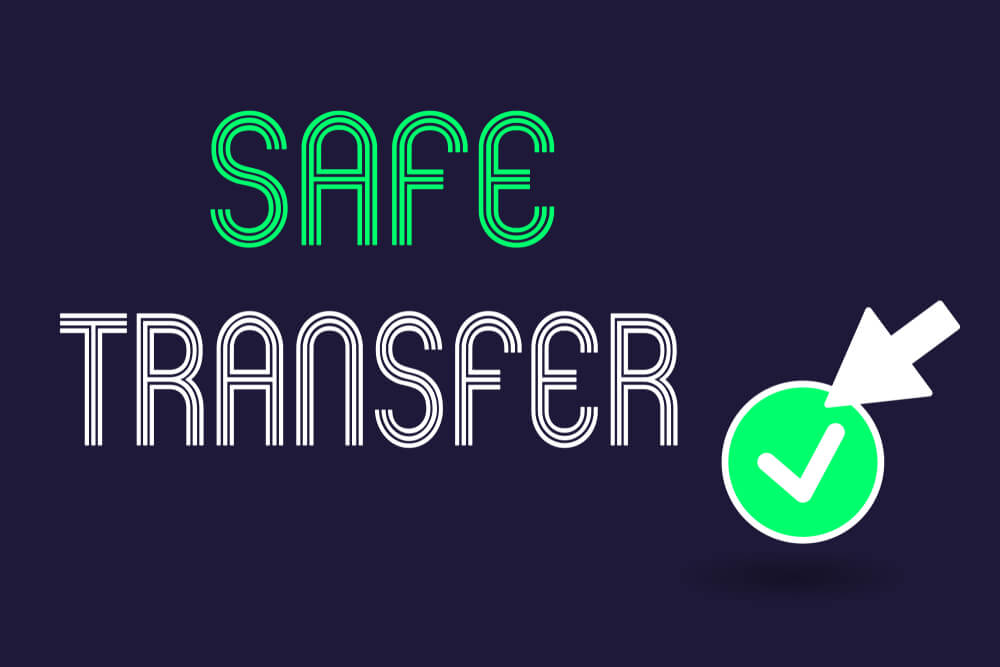The era of electronic money handling has been making everything easier for a few decades now. Wire transferring has numerous perks: extending money to almost any country, practically in real-time, with utmost reliability. Not to mention – in cases of depositing large sums of money, wiring is a rather matchless choice. However, are wire transfers safe? Well, usually they are.
What is the biggest risk to your money?
The short answer is – you. FDIC suggests that ‘Using a bank or a money transfer company to wire funds electronically is an easy and convenient way to send cash to someone. And when consumers wire money to people they know, the transaction typically takes place without a problem. But wiring money to strangers […] is risky because often they could be scam artists.’
Technically, the irreversibility of the very process is the double-edged sword – it fully guarantees the transaction, but if a problem with the receiving party is discovered, it is laborious and challenging to retrieve the funds.

Tips for staying safe when transferring money this way
By following these guidelines, you could lower your chances of getting scammed while wiring:
- AVOID wiring money to individuals you have never met in person. Large masses of people have been conned through different emails or dating services, promising fortune if they just wire a ‘small’ deposit to a non-existent company or individual.
- Be sure to trust your transfers to reliable, fraud-preventing providers, such as checkissuing.com.
- When sending money overseas, do everything you can to verify the suppliers’ credentials: make phone calls, write some emails, check their reviews online.
- Independent charities and fundraising organizations, especially the smaller ones, sometimes may have shady credentials and may not be what they claim; their tax status and identity should always be verified prior to making donations.
- Regarding handling investment money through wiring, the local securities commissions should be contacted to ensure the regulations of investment companies. The International Organization of Securities Commissions (IOSCO) allows you to check who regulates the investment companies.
Some things to bear in mind
Money moves from a bank to another one. In the US, it means that both parties of the transfer need a bank account. The account presumes a verification of your identity and obliges you to update your physical address, in case you change it, so the law enforcement can locate you in case of an emergency.
There are banks in several world countries that cooperate with U.S. law enforcement, such as some Swiss banks. Also, banks are not necessarily safer than other transferring services and are oftentimes more expensive when wiring money. There are other reliable money moving options as well, that function as third parties (apps, websites, etc.).
Wiring outside of the U.S.
Whether you send or receive funds outside the United States, there are some things you will be asked for regarding confirmation of your identity. Some of them include a government-issued ID document (such as passport or driver’s license), a proof of current address (a recent bank statement/utility bill/other), SSN (Social Security number), proof that you truly own the bank account/debit card you are using for transferring, and the reason for eventual transfers. These give a fair guarantee of transaction legality.
The international wire transfers are overall protected by the Obama administration-issued legislation of 2010, known as the Dodd-Frank Wall Street Reform and Consumer Protection Act. As a result of the reform, the Consumer Financial Protection Bureau (CFPB) was created to facilitate fair economical practices and transparency of consumer protection.
Overall, even though wire transferring is among the safest and most convenient methods of sending money in modern banking, both sending and receiving parties must stay cautious when moving money, especially large sums of it, to prevent potential scams.
By verifying unknown money-receiving parties through all means possible and referring to IOSCO, you can drastically lower your chances of getting tricked. We heavily encourage you to read the Federal Deposit Insurance Corporation (FDIC) article regarding Wire Transfer scams. Get in touch with our team, today, to learn more.
Currently, checkissuing.com does not offer wire transfers as a service, and this blog is for informational purposes only. Get in touch with us to learn more about our other services, such as statement printing.






